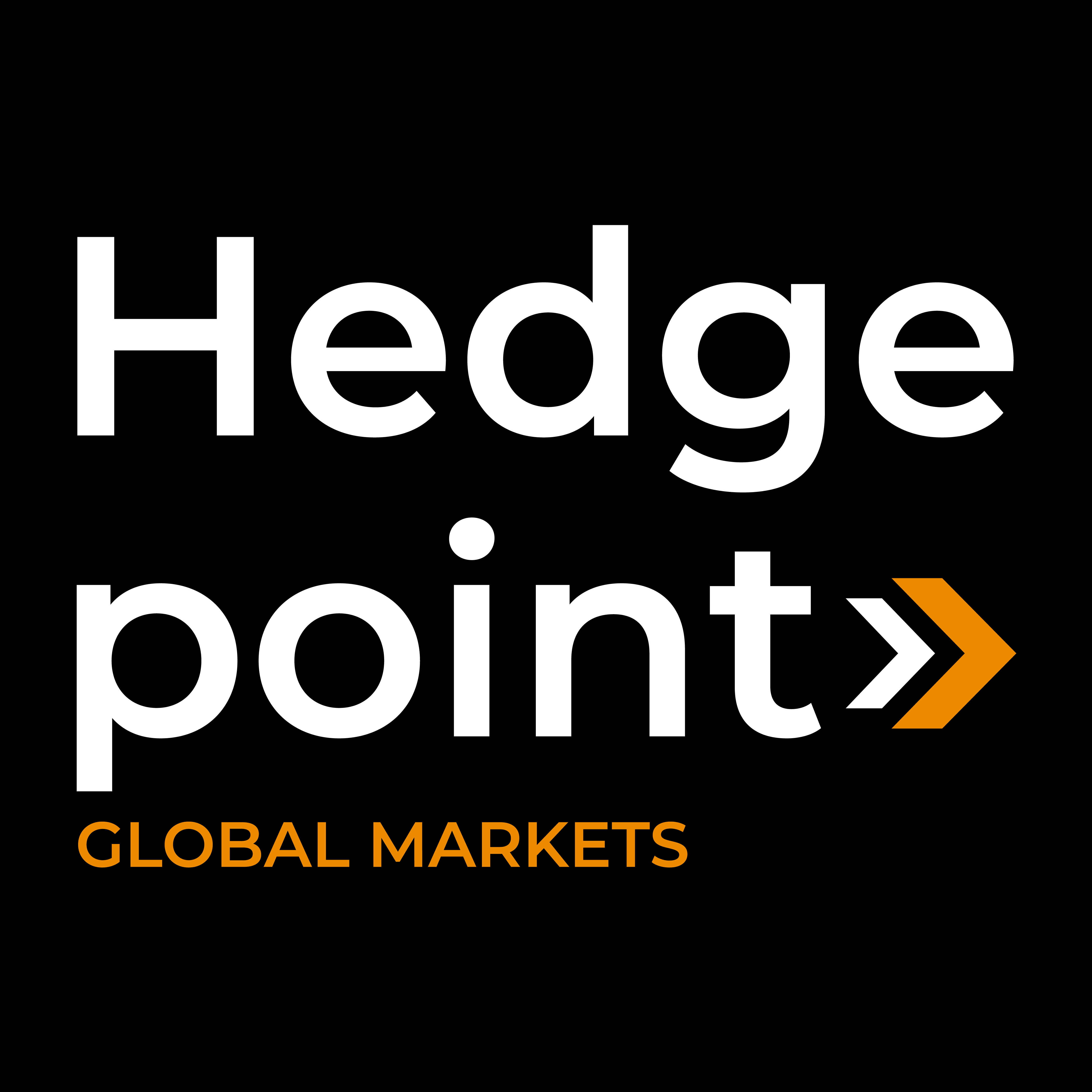Understand what commodity indices are and how they work
Commodity indices: what they are, how they work, leading market names, their relationship to hedging and more.
The commodities market is a vital force for the world economy. Agricultural and energy products are examples of raw materials traded worldwide and which supply industries and countries. These commodities are characterized by their volatile prices, which fluctuate daily according to demand, supply, climate, geopolitics and more.
Commodity indices are tools created by the market to track these price dynamics in real time. The aim is to quantify the economic power of each product, tracking its performance according to its liquidity (trading power of an asset).
Globally, there are numerous institutions that monitor these indices in certain markets. The first to be launched in the world was the Dow Jones Commodity Futures Index, created in 1933. Today, this index is part of the Bloomberg Commodity Index, one of the largest in the world.
In this article, we’ll explain how these indices work, the main global companies and more. Have a good read!
How do commodity indices work?
Each index has several commodities and their valuations are divided by sector. They can be from the energy market (oil, natural gas and refined products), precious metals (gold, silver and industrial metals), animal protein (beef and pork) and soft commodities (soybeans, corn, coffee, sugar and others).
Their values are updated periodically and are set according to current commodity prices. In addition, the movement of trading in this sector, carried out by spot or futures markets, also has an impact on the final price.
● What is the function of commodity indices?
The data described in the indices allows commodity market traders to analyze their figures and fundamentals in order to understand the possible financial opportunities they provide.
A corn producer, for example, needs to follow commodity indices to check the current buying and selling values of his product. Any change in prices can have an impact on your business and this data helps you find the best times to close deals.
The performance of a commodity in its index also depends on its comparison with another, called a benchmark. Generally, this analysis is done between two different indices, such as the ICB (Brazil Commodities Index) and the Bloomberg.
● How are the indices priced?
Each commodity index management institution has a different price weighting methodology. Some weight values equally, others use more advanced strategies with weights based on global production, market liquidity, economic relevance and more. In the energy market, for example, the price of oil has a greater weight in this weighting system due to its great economic liquidity.
● How is commodities trading carried out?
As far as trading is concerned, it is generally only done in theory, without the need for physical movement. This means that commodities are traded on the stock exchange, but without actual delivery of the products to the buyers.
How important is the commodities index?
The index is fundamental to world trade. With it, the entire production chain of a commodity (mining companies, farmers and cooperatives, for example) can analyze the values of their products and negotiate with other companies according to these indices.
Read also:
- The Atlantic hurricane season and its impact on the American energy sector
What are the biggest commodity indices in the world?
Globally, there are some big names in commodity indices. The main and largest are the Bloomberg Commodity Index itself, but we can also mention the S&P GSCI Index, the Commodities CRB (Commodity Research Bureau) and the Rogers International Commodity Index. These indices are widely used and have a diversified portfolio, working with different types of commodities.
However, as we saw with Brazil’s ICB, several countries also have their own commodity indices. These are used heavily within their borders, usually to monitor the performance of national assets in relation to international ones.
We can also mention big names in specific commodity indices, with a larger portfolio of products aimed at one type of market. See below:
● Agricultural commodities:
DBIQ Diversified Agriculture Index TR;
Teucrium Corn Fund Benchmark.
● Metals:
DBIQ Optimum Yield Industrial Metals Index Excess Return;
SummerHaven Copper Index Total Return.
● Oil and gas:
12 Month Light Sweet Crude Oil;
12 Month Natural Gas.
● Precious metals:
Credit Suisse NASDAQ Gold FLOWS 103 Index;
Credit Suisse NASDAQ Silver FLOWS 106 Index.
Source: VettaFi
Receive other content via the Hedgepoint newsletter
Did you enjoy learning more about indices? With the Hedgepoint newsletter you can receive even more interesting content about the commodities market.
Sign up to receive our latest news and information on risk management, hedging and volatility, as well as exclusive material on commodities such as grains and oilseeds, coffee, sugar, cotton and more!






